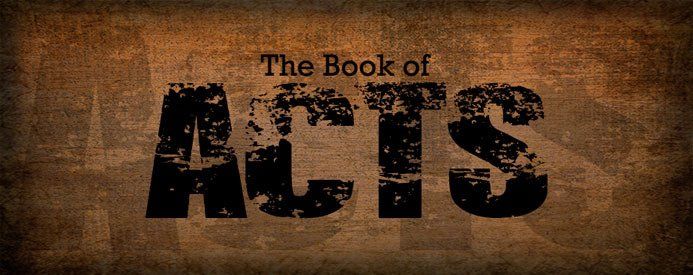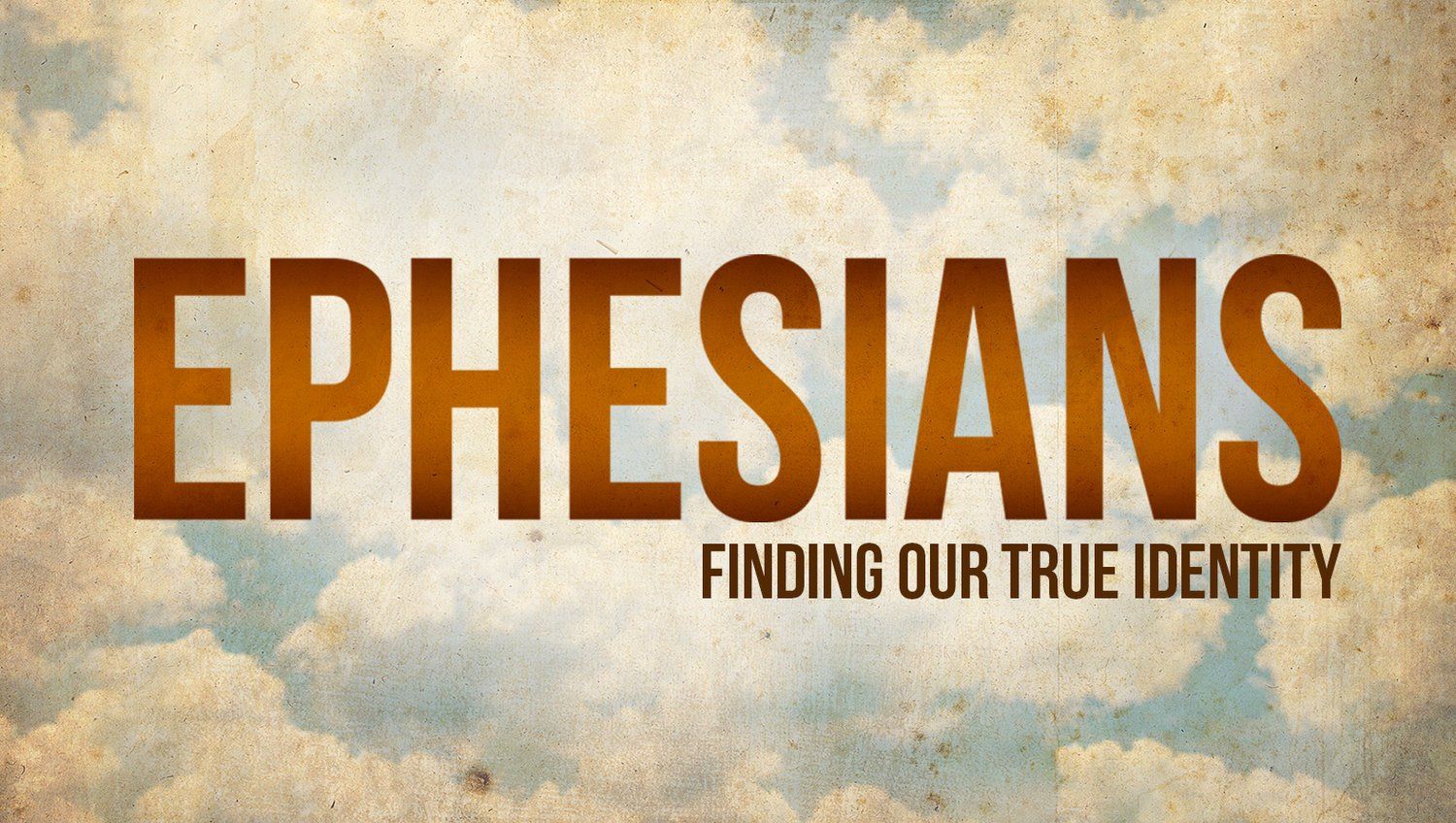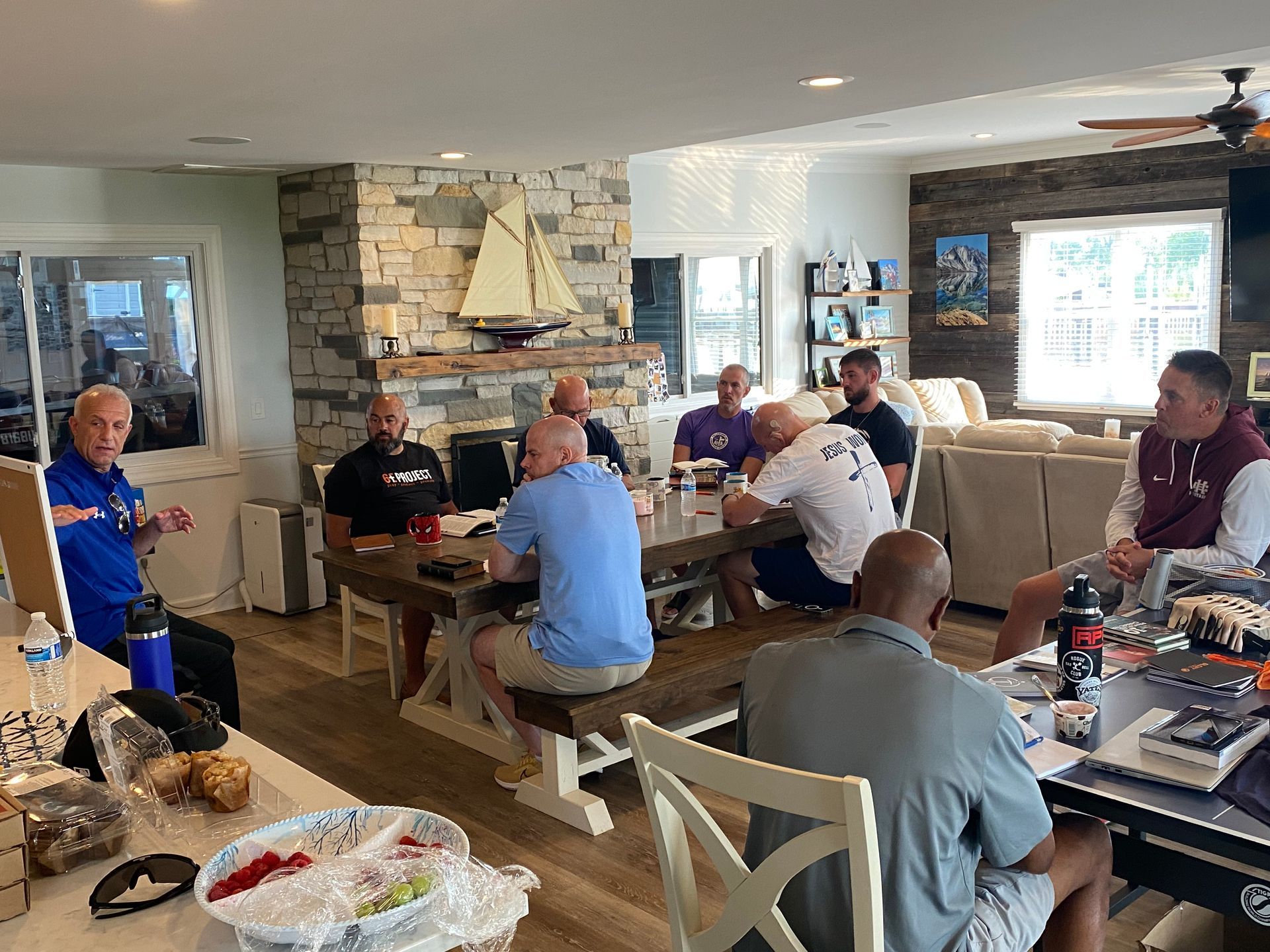Reflections of Acts 20-24
However, I consider my life worth nothing to me; my only aim is to finish the race and complete the task the Lord Jesus has given me—the task of testifying to the good news of God’s grace. Acts 20:24
Then Paul answered, “Why are you weeping and breaking my heart? I am ready not only to be bound, but also to die in Jerusalem for the name of the Lord Jesus.” Acts 21:13
“I am a Jew, born in Tarsus of Cilicia, but brought up in this city. I studied under Gamaliel and was thoroughly trained in the law of our ancestors. I was just as zealous for God as any of you are today. Acts 22:3
Then Paul said to him, “God will strike you, you whitewashed wall! You sit there to judge me according to the law, yet you yourself violate the law by commanding that I be struck!” Acts 23:3
As Paul talked about righteousness, self-control and the judgment to come, Felix was afraid and said, “That’s enough for now! Acts 24:25

However, I consider my life worth nothing to me; my only aim is to finish the race and complete the task the Lord Jesus has given me—the task of testifying to the good news of God’s grace.
What was revealed to me in Acts 20:24?
Paul thought of himself as an accountant, weighing carefully the credits and the expenses of his faith, and in the end, he does not count his own life dear to him, compared to God and how he can serve him. Paul thought of himself as a runner who had a race to finish, and nothing would keep Paul from finishing the race with joy. I have a race to run as well. I pray to God that I can finish it with joy! This shows that even at this point, Paul had his death in mind. It would be many years until he died, but he considered that what he did with his life now was worth dying for. Paul preached a Gospel worth dying for. The question that creeps into my mind is: Would I die for the Gospel I preach?
Then Paul answered, “Why are you weeping and breaking my heart? I am ready not only to be bound, but also to die in Jerusalem for the name of the Lord Jesus.”
What was revealed to me in Acts 21:13?
In the spirit of Old Testament prophets, Agabus acted out his message to Paul that certain danger awaited him at Jerusalem. The prophecy of Agabus was true, and genuinely from the Holy Spirit. But to this true word, they added a human application. They pleaded with him not to go up to Jerusalem. That additional word was not of the Lord, otherwise Paul would have been disobedient to go to Jerusalem. Paul’s insistence on going to Jerusalem despite the dangers predicted by the Holy Spirit was not a result of rebellion, but an obedient response to the command of the Holy Spirit in his heart. He was bound in the spirit to go to Jerusalem. The warnings from the Holy Spirit were intended to prepare Paul, not to stop him. I am learning that to choose to suffer alone means that there is something wrong. But if I choose God’s will even it means suffering is a very different thing. I think about the Savior Jesus who Paul was willing to pay this price for. I think about the message that brought about this willingness. It inspires me.
“I am a Jew, born in Tarsus of Cilicia, but brought up in this city. I studied under Gamaliel and was thoroughly trained in the law of our ancestors. I was just as zealous for God as any of you are today.
What was revealed to me in Acts 22:3?
Paul began his great defense before the Jews the same way Stephen did: Men and brethren and fathers, listen. Once the wild crowd heard Paul address them in Hebrew (Aramaic), they became quiet and ready to listen. Paul spoke as a Jew unto Jews. He was careful to lay the common ground between them. With this, Paul began telling the story of his life before Jesus Christ and then his conversion. This is a great lesson for me. When teaching others about the Gospel, I must find the common ground first. This makes those you are addressing receptive to the message. The crowd that had tried to kill Paul, and had then listened intently to his whole sermon, erupted into rage over the saying of one word. That one word was “Gentiles.” This Jewish mob was outraged at the thought that God’s salvation could be given freely to believing Gentiles. I am learning that the true Gospel message will convict instead of unifying. Spiritual blindness must be called out.
Then Paul said to him, “God will strike you, you whitewashed wall! You sit there to judge me according to the law, yet you yourself violate the law by commanding that I be struck!”
What was revealed to me in Acts 23:3?
Paul’s claim of a good conscience offended the high priest. He thought that someone accused of such serious crimes should never claim a clear conscience. I wish we knew how Paul said these words. It would have helped to hear Paul’s tone of voice. Was it an outburst of anger, or was it a calm, collected rebuke with that much more weight to it? Whatever the tone, the rebuke was entirely accurate and justified. The man who commanded that a defenseless man be punched in the face indeed was a whitewashed wall; a white veneer of purity covering over obvious corruption. Paul exposed the hypocrisy of the man who made the command. The men of the council were supposed to be example of the Law of Moses. The command to have Paul struck was in fact contrary to both the spirit and the letter of the law. Only a man found guilty can be beaten, and Paul had not yet been found guilty of anything. I am in constant amazement of the boldness and courage of Paul. His passion for the Gospel often got him into tough situations, but the Holy Spirit was constantly preparing him for the next battle ahead.
As Paul talked about righteousness, self-control and the judgment to come, Felix was afraid and said, “That’s enough for now!
What was revealed to me in Acts 24:25?
Felix wanted his wife to hear Paul’s testimony, either as a curiosity or so that she could advise him. After all, he claimed to have insufficient evidence for a decision. Drusilla was beautiful, ambitious, and about 20 years old at this point. Felix seduced her away from her husband and made her his third wife. There were three points Paul used when he spoke to Felix and Drusilla. These are three points many modern preachers would avoid speaking about, especially in speaking to a high figure like Felix. We don’t know exactly how Paul developed these three points, but we can speculate. The righteousness that is ours in Jesus Christ. The need for Christian ethics (self-control) that was evidently lacking in the life of both Felix and Drusilla. Eternal accountability before God (the judgment to come). Hearing this message made Felix afraid. A person of his stature was used to others bowing to his power. Knowing something about his life, at least we can say that he probably understood it. The Gospel should make those who are intent on rejecting Jesus afraid
Metro Detroit FCA Blog













